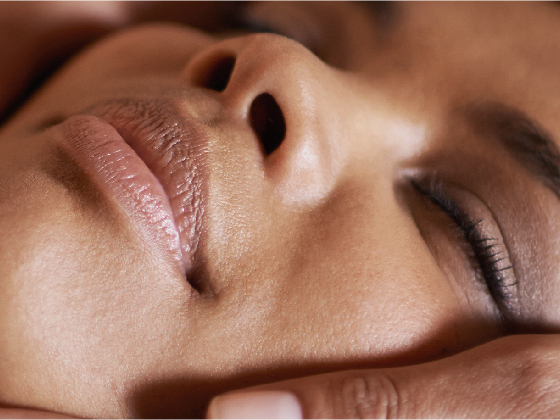
7 lifestyle tips to rewild your skin and improve skin health
Imagine the richness of a thriving coral reef, or the bustling activity of a healthy rainforest. What these – along with most healthy ecosystems – have in common is that they both rely on the complex relationships between the organisms living in them.
Research carried out during the human microbiome project has shown that healthy human skin is – like the environments mentioned above – an ecosystem. It is home to a rich diversity of microbes that, when healthy, maintain their habitat. The partnerships we share with them are irreplaceable.
As with other ecosystems, the health of our skin’s ecology is a delicate balance, and can be threatened by some aspects of our modern lifestyle.
Through exposure to products and artificial environments, we shift the balance, threatening the partnerships that have developed over millennia. Thus, we damage our skin’s microbiome and often find ourselves in an ever-unsuccessful search for solutions to problems that are caused by our own actions.
Preservatives in skincare products, treated water supplies, soaps, sanitizers and home cleaning products all kill microbes – even the microbes we rely on for skin health and balance. It’s in this space that we can be cognisant of the role microbes play in skin health. Choose to only use products designed with the skin microbiome as a top priority, while at the same time practicing habits that bolster and enhance a healthy microbiome.
OUR TOP TIPS:
Tip 1: Take it easy with cleansing. Your skin produces valuable oils at great metabolic cost, don’t wash them away twice a day. Rinse in the morning with luke-warm water only, for a microbiome-friendly start to your day.
Tip 2: Go make-up free as often as you can. No make-up means you don’t have to clean too deeply and tip 1 already explains why hanging onto your natural oils is important.
Tip 3: Turn towards the sun. Spend at least 15 minutes in the sun everyday if you can – without sunscreen. Yes, that’s right! Vitamin D is essential to your health on every level, including skin health.
Tip 4: Quit sugar. This is probably the biggest challenge we have for you. It does require a lifestyle change but just say, “No thank you.” once, twice, three times; and before you know it, it will be your natural response.
Tip 5: Exercise is good for you, period. It’s also great for skin health. Sweating releases toxins that build up over time and getting your heart rate up, coupled with good breathing techniques, increases blood flow to your entire body, skin included.
Tip 6: Getting out into nature reseeds your body and skin with an abundance of nature’s best medicine – good microbes. The side effects of rewilding are also great for reducing stress levels, elevating happiness and so much more.
Tip 7: Avoid anti-bacterials. It sounds difficult in our modern world, but there is very little need to sanitize at home and there are so many amazing eco-conscious options that are better for you and the environment.
